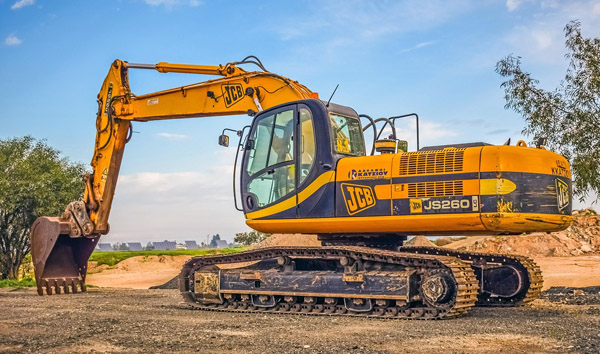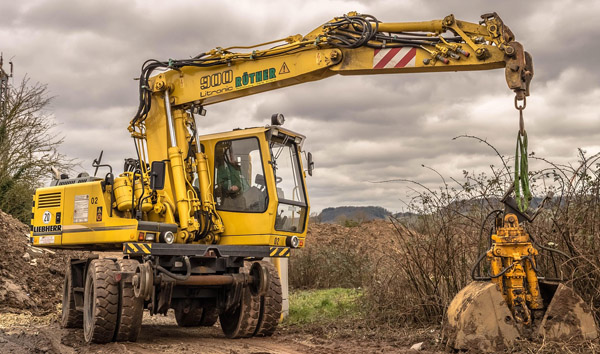The Future of Mini Rough Terrain Forklifts in Industrial Applications
2025-07-07 04:00:29
Mini Rough Terrain Forklifts are revolutionizing material handling in challenging environments. With compact designs and robust capabilities, these machines offer unparalleled efficiency in construction, agriculture, and logistics. This report explores their technological advancements, market trends, and operational benefits.
### Introduction to Mini Rough Terrain Forklifts Mini rough terrain forklifts are specialized machines designed for off-road material handling. Unlike standard forklifts, they feature enhanced suspension, all-terrain tires, and powerful engines to navigate uneven surfaces. Their compact size allows access to confined spaces, making them indispensable in industries like agriculture and construction.
### Key Features and Technological Advancements Modern mini rough terrain forklifts incorporate cutting-edge technology to improve performance. Key innovations include: - Hybrid Powertrains: Reducing emissions while maintaining high torque for rough terrain. - Advanced Hydraulics: Ensuring smooth load handling even on unstable ground. - Telematics Integration: Real-time monitoring for predictive maintenance and fleet optimization. These advancements position mini rough terrain forklifts as a sustainable and efficient solution for demanding applications.
### Market Trends and Industry Adoption The global demand for mini rough terrain forklifts is projected to grow at a CAGR of 6.2% from 2023 to 2030 (Source: Market Research Future). Key drivers include: - Urbanization: Increased construction in tight spaces necessitates compact equipment. - E-Commerce Expansion: Warehousing in rural areas requires versatile forklifts. - Regulatory Pressures: Stricter emissions standards push adoption of eco-friendly models. Industries are increasingly recognizing the value of mini rough terrain forklifts for cost-effective and agile operations.
### Operational Benefits in Challenging Environments Mini rough terrain forklifts excel where traditional forklifts fail. Their benefits include: - Maneuverability: Navigating narrow job sites with ease. - Durability: Withstanding harsh conditions like mud, gravel, and slopes. - Versatility: Handling diverse loads, from pallets to construction materials. For example, a recent case study in the agricultural sector showed a 30% productivity increase after switching to mini rough terrain forklifts.
### Conclusion: The Path Forward As industries evolve, mini rough terrain forklifts will play a pivotal role in material handling. Their blend of compact design, rugged performance, and sustainability makes them a future-proof investment. Companies adopting these machines today will gain a competitive edge in efficiency and operational flexibility.
By integrating mini rough terrain forklifts into their workflows, businesses can overcome logistical challenges while driving long-term growth. The market’s upward trajectory underscores their importance in modern industrial operations.














